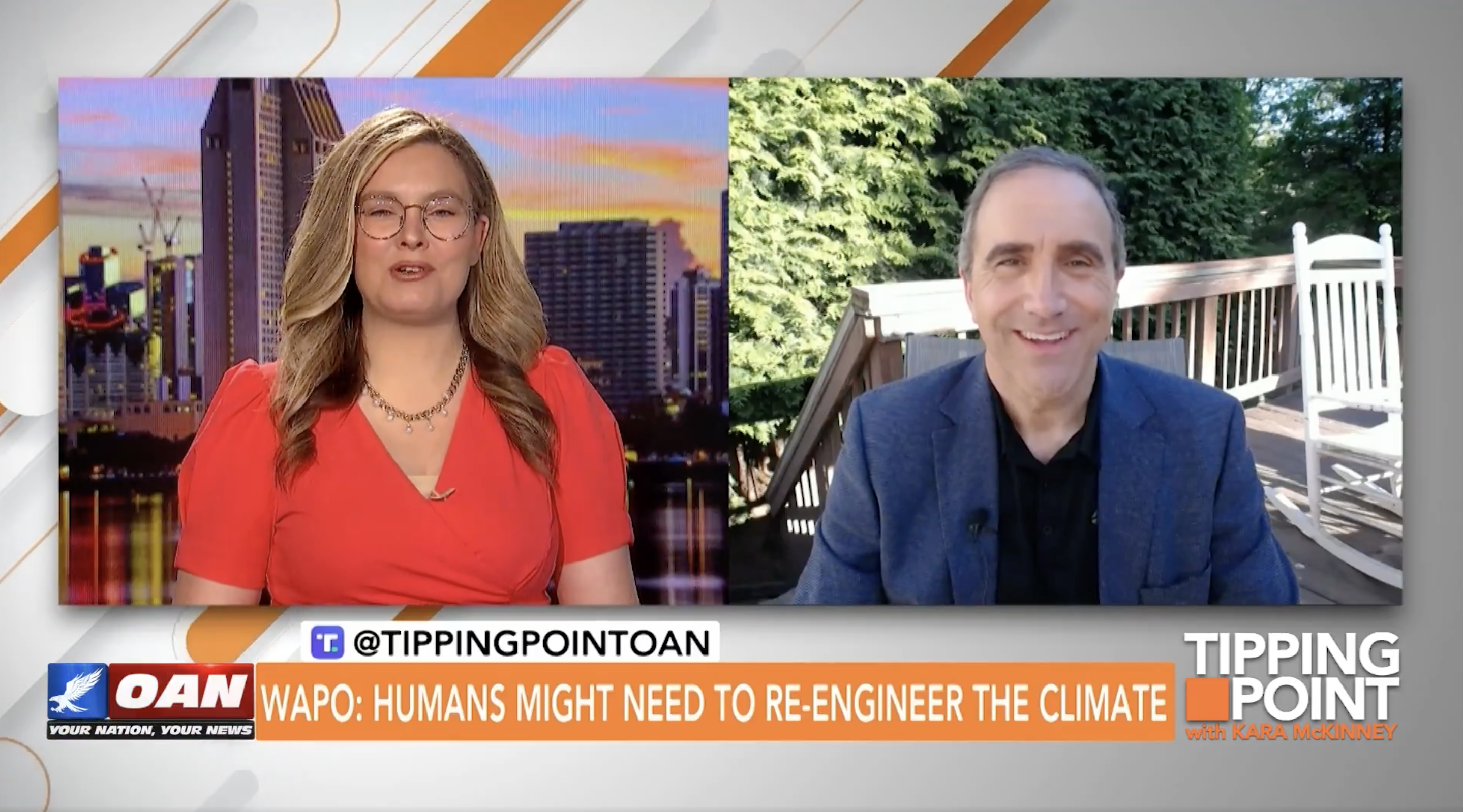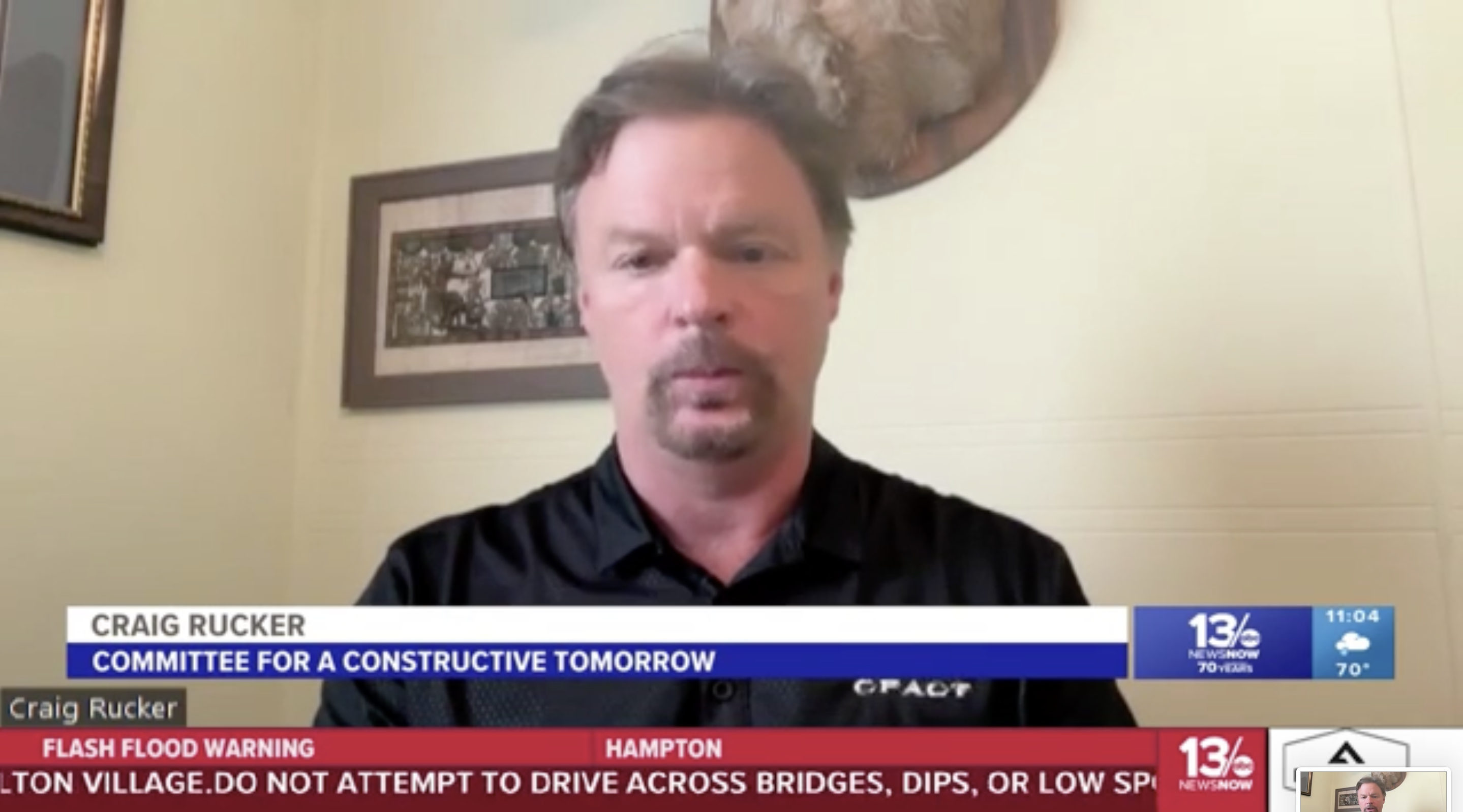Bill Gates Is Still Wrong On Climate Change, It Will Undo His Foundation’s Work
http://thinkprogress.org/climate/2015/02/18/3623344/bill-gates-climate-change/
Bill and Melinda Gates (via AP) The Gates Foundation is doing important work helping the poorest countries deal with disease and poverty. The fact that the $42 billion Foundation is utterly ignoring the biggest long-term threat to the health and well-being of the poorest countries would itself be easier to ignore — if only Bill Gates would stop saying nonsensical things about climate change as if they were facts. Gates himself has just invited us all to ask whether climate change will in fact undo the work of his Foundation. In his Foundation’s latest Annual letter, Gates writes early on, “It is fair to ask whether the progress we’re predicting will be stifled by climate change.” I asked and answered that question 6 years ago: Yes, climate change will stifle the progress the foundation is predicting. Even back then, using a “middle of the road” greenhouse gas emissions scenario, a study in Science found that “Half of world’s population could face climate-driven food crisis by 2100.” The study concluded, “Ignoring climate projections at this stage will only result in the worst form of triage.” A study led by MIT economists found that “the median poor country’s income will be about 50 percent lower than it would be had there been no climate change.” And that was based on a 3-degree C warming by 2100, about half the warming we are currently on track to reach. The latest climate research is even more worrisome: Study after study has made clear much of the world’s habited and arable land faces multi-decade megadroughts and/or near-permanent Dust-Bowlification if we were to dawdle, say, yet another 15 years before slashing carbon pollution. Gates offers his own, absurd, answer to his question in the 2015 letter, to explain why the Foundation isn’t focusing resources on the climate problem: The most dramatic problems caused by climate change are more than 15 years away, but the long-term threat is so serious that the world needs to move much more aggressively — right now — to develop energy sources that are cheaper, can deliver on demand, and emit zero carbon dioxide. The next 15 years are a pivotal time when these energy sources need to be developed so they’ll be ready to deploy before the effects of climate change become severe. How suicidal would it be if the world actually adopted that strategy of focusing on developing new energy sources, wait 15 years to start aggressive deployment? Every major scientific study, every major international report, every major economic analysis makes clear that we must start aggressively deploying the vast array of costs carbon-free technologies now — not 15 years from now. Action now is super-cheap (see literature review here), whereas delay is super-costly and likely to be fatally late. Back in 2011, the International Energy Agency warned “Delaying action is a false economy: for every $1 of investment in cleaner technology that is avoided in the power sector before 2020, an additional $4.30 would need to be spent after 2020 to compensate for the increased emissions.” Worse, we are already very close to major climatic tipping points, beyond which comes not merely a bunch of catastrophic impacts, but ones that are irreversible on a time scale of centuries. The collapse of the West Antarctic Ice Sheet may be under way — further delay would only speed up sea level rise and risk crossing many more points of no return. That’s why in 2014 the world’s top scientists concluded their major literature review of mitigation costs “Delaying is estimated to … substantially increase the difficulty of the transition to low, longer-term emissions levels and narrow the range of options consistent with maintaining temperature change below 2 degrees C.” Again, that IPCC summary conclusion is so uncontroversial every major government in the world signed off on it! Same for the IPCC’s final summary conclusion in November that further delay risks risk “severe, pervasive and irreversible impacts for people and ecosystems.” Gates sort of understands some of this. Last March, he explained to Rolling Stone one of the biggest challenges of dealing with global warming: One of the reasons it’s hard is that by the time we see that climate change is really bad, your ability to fix it is extremely limited. Like with viruses, the problem is latency. The carbon gets up there, but the heating effect is delayed. And then the effect of that heat on the species and ecosystem is delayed. That means that even when you turn virtuous, things are actually going to get worse for quite a while. Precisely! Gates even says, “In order to get a 90 percent reduction of carbon, which is what we need, the first thing you might want to get is a year of global reduction, and we have not had that.” He told Rolling Stone, “But even if you invented some zero-carbon energy source today, the deployment of that magic device would take a long time.” You’d think that would inexorably lead Gates to endorse strong emissions cuts starting now, but he dislikes renewable power (and energy efficiency) too much — and he loves nuclear power and geo-engineering, both of which are a long, long way from being affordable and/or safe contenders to be big contributors to solving global warming. Gates himself says “If you could make nuclear really, really safe, and deal with the economics, deal with waste, then it becomes the nirvana you want.” The problem is we’ve been trying to do that for over half a century with little success — especially on the economics front — so while continued R&D makes sense, it is certainly no excuse for delaying aggressive deployment of efficiency and renewables. Same for doing basic research into climate intervention (aka geo-engineering) as the National Academy of Sciences made clear last week. Even after that Rolling Stone interview, Gates posted on his blog last summer “We Need Energy Miracles.” That never made sense — and it especially makes no sense for someone who understands if you keep delaying too long “your ability to fix it is extremely limited” and that “even if you invented some zero-carbon energy source today, the deployment of that magic device would take a long time.” Indeed, the strategy of delaying deployment until we achieve energy miracles is a particularly bizarre strategy coming from Gates — since it is essentially the opposite of how he himself became so rich and successful (as I explained here). As one technologist put it to me, “The man built his career on shipping ‘what we have now’ and then improving it, using programmers paid out of the revenues gained from shipping not-quite-yet-ready product.” He didn’t wait for miracles. Gates himself explained in a Carnegie Mellon speech, how the process of quick product deployment allowed him to achieve economies of scale that allowed the triumph of the “Windows PC architecture which, because of its volume, has come down in price, and improved in performance very, very dramatically.” The same exact approach (massive deployment programs of what works) created the same result (sharp price drops and big performance gains) in solar power and wind power and batteries and advanced LED lighting and on and on. But Gates apparently wants to put that progress on hold and work on the miracles for another 15 years. If we do that, then everything Bill and Melinda Gates are trying to do for poorest around the world will be undone. Back in his 2012 annual Foundation letter, Gates wrote, “Meanwhile, the threat of climate change is becoming clearer. Preliminary studies show that the rise in global temperature alone could reduce the productivity of the main crops by over 25 percent. Climate change will also increase the number of droughts and floods that can wipe out an entire season of crops.” In fact, it’s clear that delaying immediate action on climate change will do much more than threaten “an entire season of crops.” It will sharply increase the number of multi-decade megadroughts and turn large parts of the Earth into near-permanent Dust-Bowls for centuries. Here is a map of what we risk, from the 2014 study, “Global warming and 21st century drying.” Palmer Drought Severity Index (PDSI) for 2080-2099 with business-as-usual warming. By comparison, during the 1930s Dust Bowl, the PDSI in the Great Plains rarely exceeded -3 (see here). Source: Cook et al. and Climate Progress. We are currently on track to make drought and extreme drying the normal condition for the Southwest, Central Plains, the Amazon, southern Europe, and much of the currently inhabited and arable land around the world in the second half of the century — including Western, Northern, and Southern Africa. If anything like these projections come true — and they are consistent with virtually all of the recently published literature — then we will lay waste to and render virtually uninhabitable land where over a billion poor people now live. And that will be “largely irreversible for 1,000 years after emissions stop,” as a NOAA-led study explained in 2009. With such a ruined climate, it would be unimaginably challenging to feed even the current population of 7 billion, let alone the 10 billion people now forecast post-2050. Those with the least resources will suffer the most, assuming they can even find a habitable place to live. To be clear, it’s tremendous that Gates is using his vast wealth to help those least able to help themselves. Projects like eradicating polio are incredibly worthwhile. How he spends his money is purely up to him. But the Gates’ end their paragraph on climate change in their Foundation letter this way: “Bill is investing time in this work personally (not through our foundation) and will continue to speak out about it.” That strategy — not using any of the Foundation’s vast resources to help tackle the climate problem while he goes around telling people we can wait another 15 years before beginning aggressive deployment — is the one most likely to undo his goal of ensuring the long-term health and economic well-being of the poorest nations in Africa and around the world. The post Bill Gates Is Still Wrong On Climate Change, It Will Undo His Foundation’s Work appeared first on ThinkProgress.
— gReader Pro




